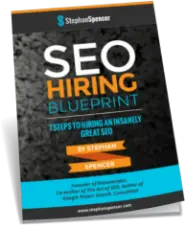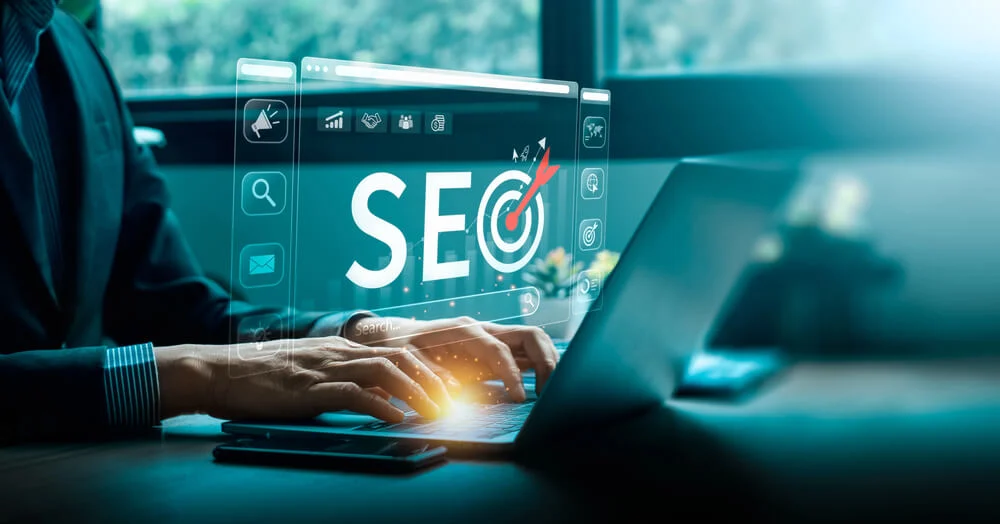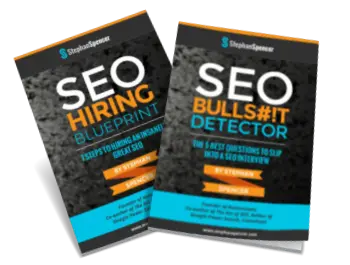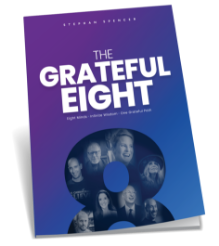My wife, Orion, likes to say, “It’s a gift, but the bow is on the bottom.”
The pandemic has impacted all of our lives, on either a physical, financial, emotional or psychic level (or a combination of all four). It has been at a minimum a major disruption, and potentially for some, quite tragic. It certainly doesn’t seem like a gift.
Being on lockdown has given me a great deal of time for reflection. Amidst all the bad news that bombards us daily, it’s also evident that the entire human race is either healing or awakening in some respects.
It sort of feels like the world is calling out for a reset. It’s so crazy how it takes a terrifying worldwide crisis to force us to think more in-depth about what we want for our future. If there’s one thing everyone would collectively agree on right now, it’s that we would like this global pandemic to end, and more importantly, to not be repeated by future generations.
This is why every piece of crucial information counts. And I’m not talking about what’s coming from the mass media. We already know by now not to believe everything we hear reported, posted, or tweeted. If you pay attention to your intuition and draw your own conclusions, there is important information out there to be gleaned. What I like to focus more on are the things this pandemic can help us realize. In these reflections lies the hope that we all are trying to save and improve the human race.
Over recent weeks, I interviewed experts in business, mindset, and healthcare to tackle topics related to the current crisis we are facing. Here are some of the extrapolations, musings, and lessons I learned from the global pandemic.
- Emergency situations can happen to ANYBODY. No one is exempt. In my interview with Steve Good, we talked about being extra proactive in regard to securing yourself and your family in case of an emergency. Steve is actually a cryptocurrency expert, but because he was ahead of everyone in locking his family down just when cases were starting to appear in Europe, I had him on my show to talk about coronavirus preparedness.
Keeping a survival kit in your house is not enough. When things go terribly wrong, you need to have food stocked in your pantry that will last for at least a few months. Think about having enough savings, perhaps as gold or Bitcoin, that you never touch except in dire situations. Prepare a foolproof plan to survive when supplies are inaccessible and major systems are down.
- The medical profession desperately needs to be modernized. Technology in the 21st century has undergone significant advances over the last decade. Still, according to my interview with Dr. Daniel Kraft, we are fighting a 21st-century disease using previous century technology.
It’s baffling that even the best experts in the medical field didn’t know what was coming with COVID-19. This pandemic is a loud cry for making a massive shift in the world of healthcare. Medicine should be smarter, faster, virtualized, and universally accessible.
- Plan way ahead, even for a downgrade. Whenever we make plans, we always hope for the best and focus on our goals. But what about negative situations such as redundancy, financial loss, or bankruptcy? In my interview with the creator of the 3HAG (the 3-year highly achievable goal), Shannon Susko, she mentions that people should also plan for economic disasters.
Whether you’re maintaining a household or running a business, it is wise to map out worst-case scenarios in order to be prepared. Figure out the “number of days of cash” you have. In other words, when will you run out of money if no further income comes in. Then determine everything that you need to cut from your expenses to extend the runway as long as possible. Then you calculate the next level up from there: if only your best most resilient customers stay, then what expenses would you trim and what would you keep. Then calculate another couple levels up from there. Having an economic disaster preparedness plan ready to implement with varying degrees of bad scenarios will give you comfort and confidence, and you can act quickly and decisively if needed.
- Be flexible with getting back to basics. One of the biggest epiphanies during this pandemic is how much the entire world lives in excess. People in the habit of going out would rather spend more on Starbucks every day than make coffee at home. Others need to have a closet-full of their favorite sneakers–one in every color. And now that so much of our consumer lifestyle is restricted and we are getting by with what we have, a lot of us are realizing–we have more than enough.
One of my guests, Gino Wickman, is the creator of EOS — the Entrepreneurial Operating System. According to Gino, if people and businesses want to survive the challenges of this pandemic, they simply need to accept the situation and go back to the basics. Cut out the excess and keep expenses to a bare minimum.
- We can control what we consume. Fear and anxiety continually rise every day as we hear the news, read blogs, or friends’ social media posts about coronavirus. This kind of constant influx of negative information seeps in on a metabolic level. Our body’s negative energy and inner vibrations linger in the air, creating a vicious cycle of fear and anxiety.
My guest, Kim White, is an expert on clearing energy blocks. He advises having your homes cleared of negativity if things get too stressful. There are other techniques you can employ as well to gain control over the situation. Overconsumption of pandemic news is dangerous. There are channels that have run 24-7 coverage of this pandemic for the last four and a half months. Tuning in and becoming part of the round-the-clock panic can be quite detrimental to your psyche.
For more tips and advice on how to stay balanced during these uncertain times, head over to www.getyourselfoptimized.com to access each episode’s checklist of actions to take. In times of trouble, self-care, strength, and resilience are critical tools to have in our toolbox in order to survive and thrive.







